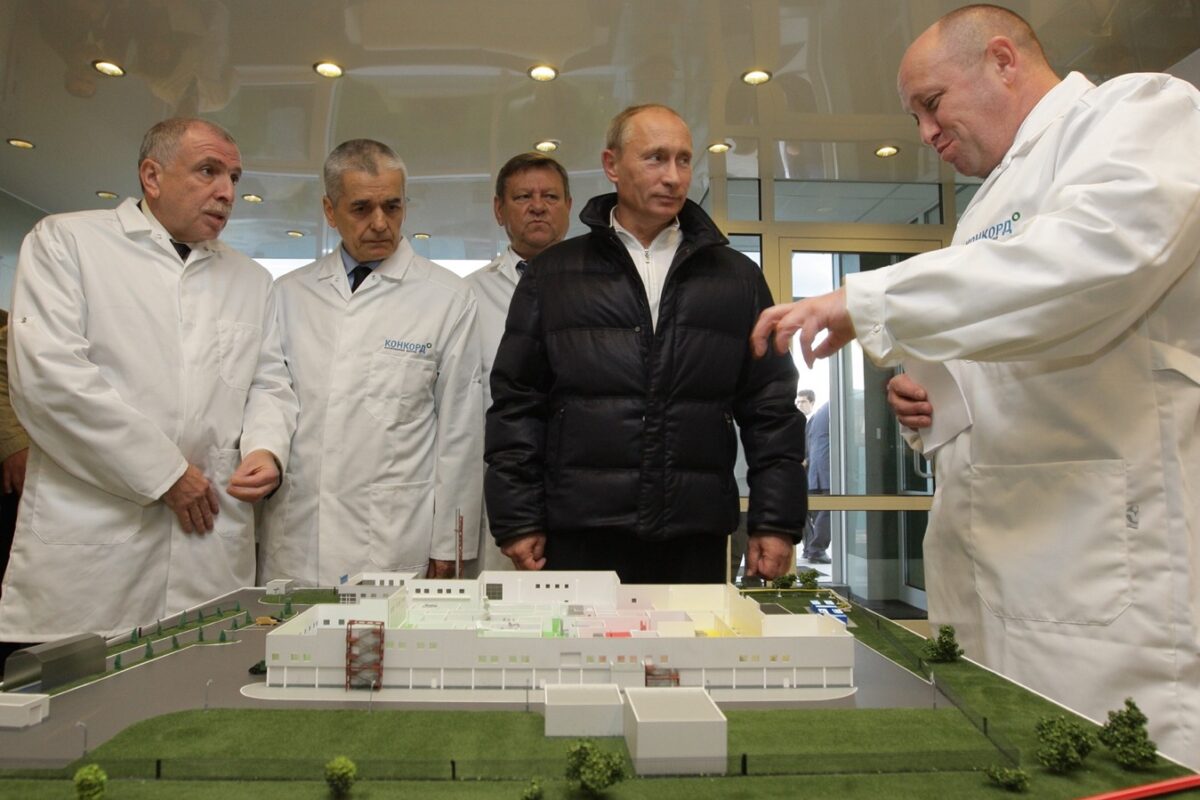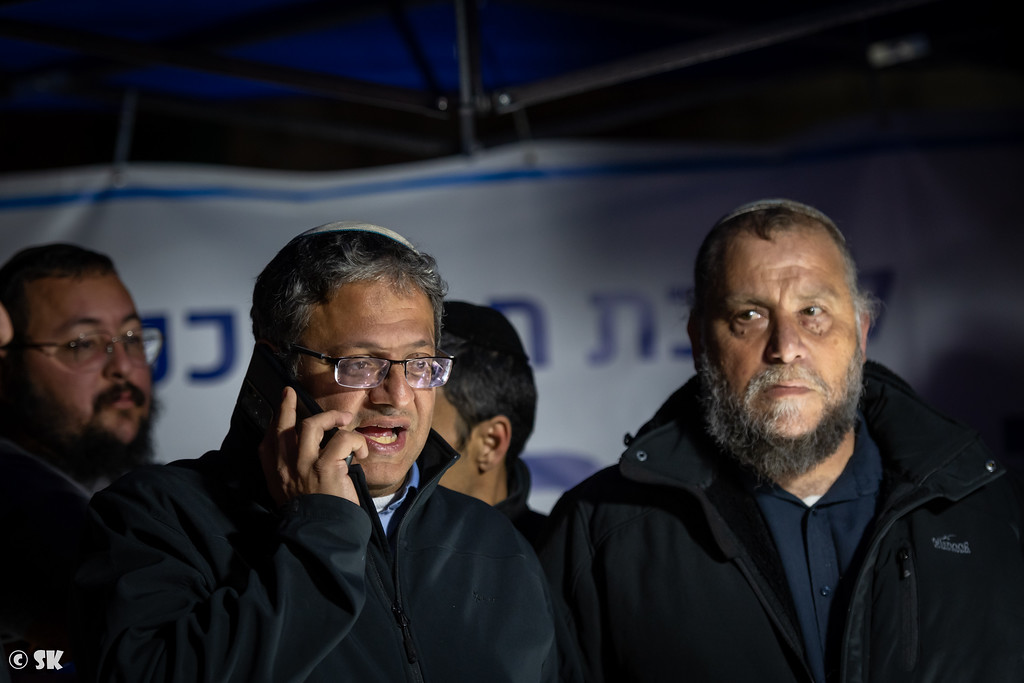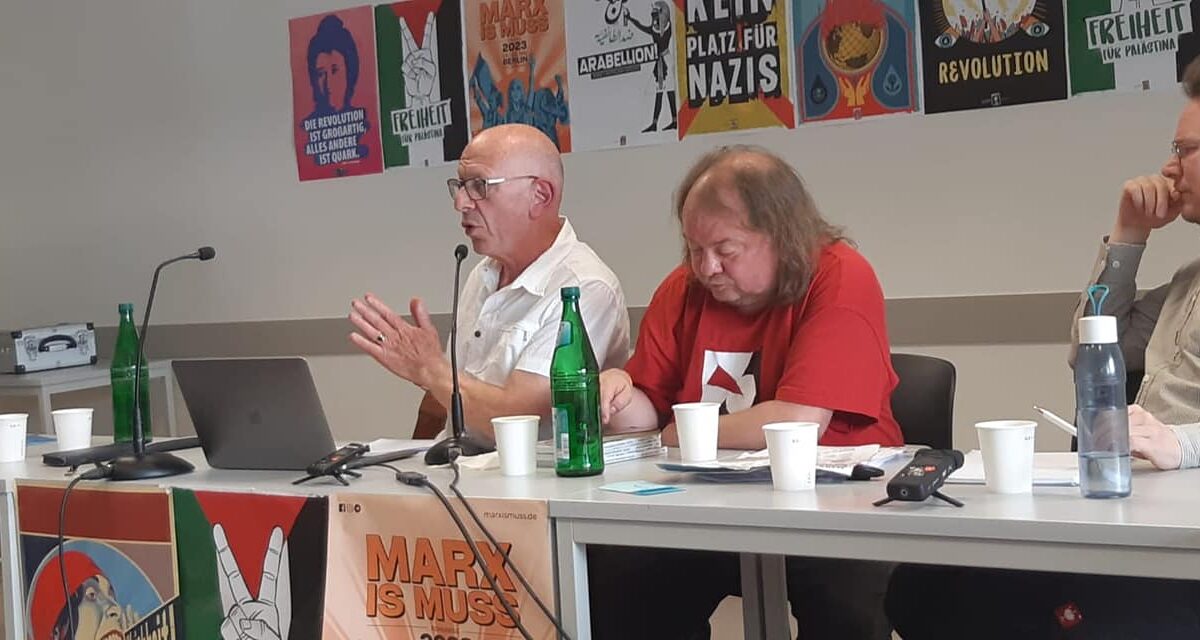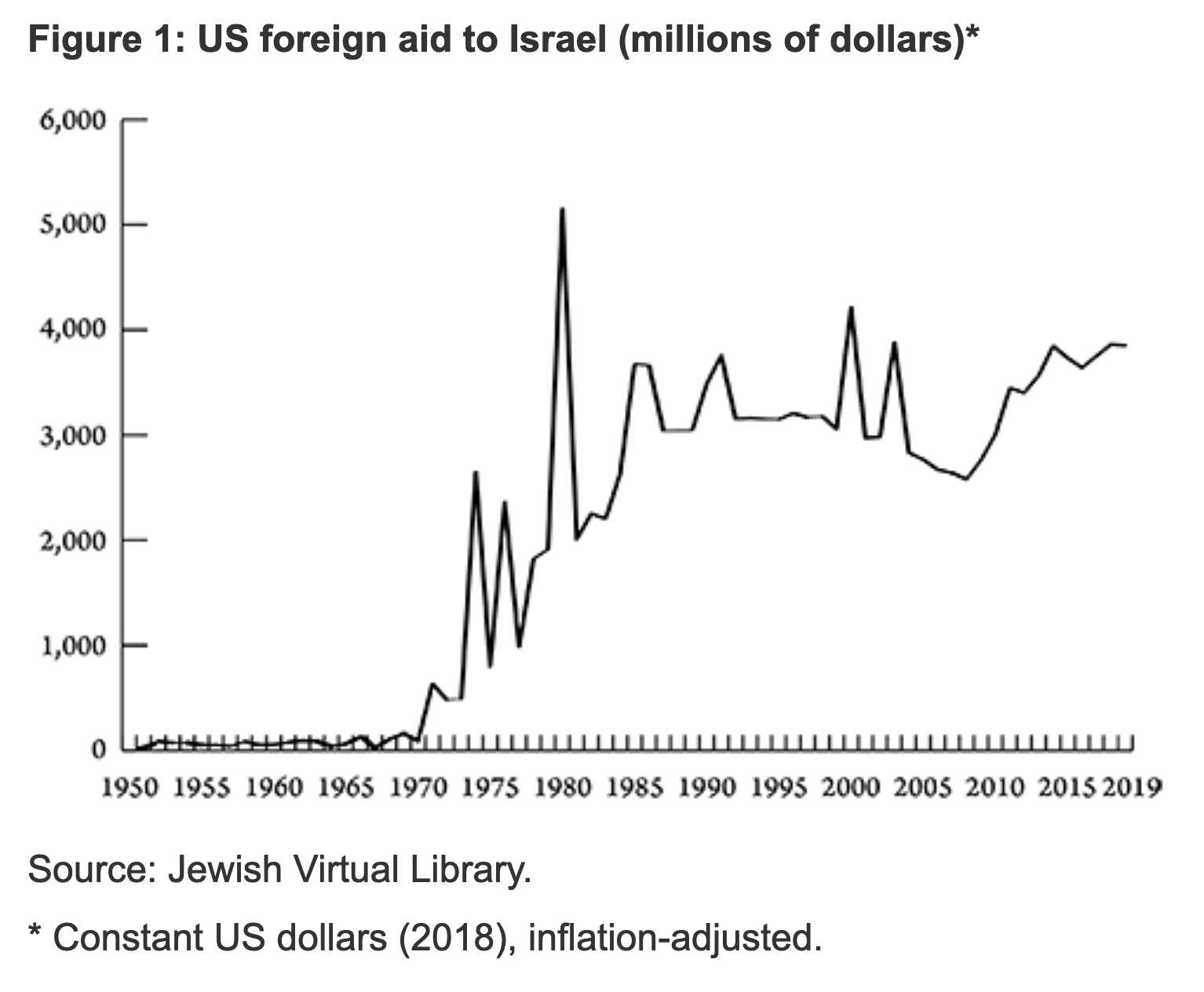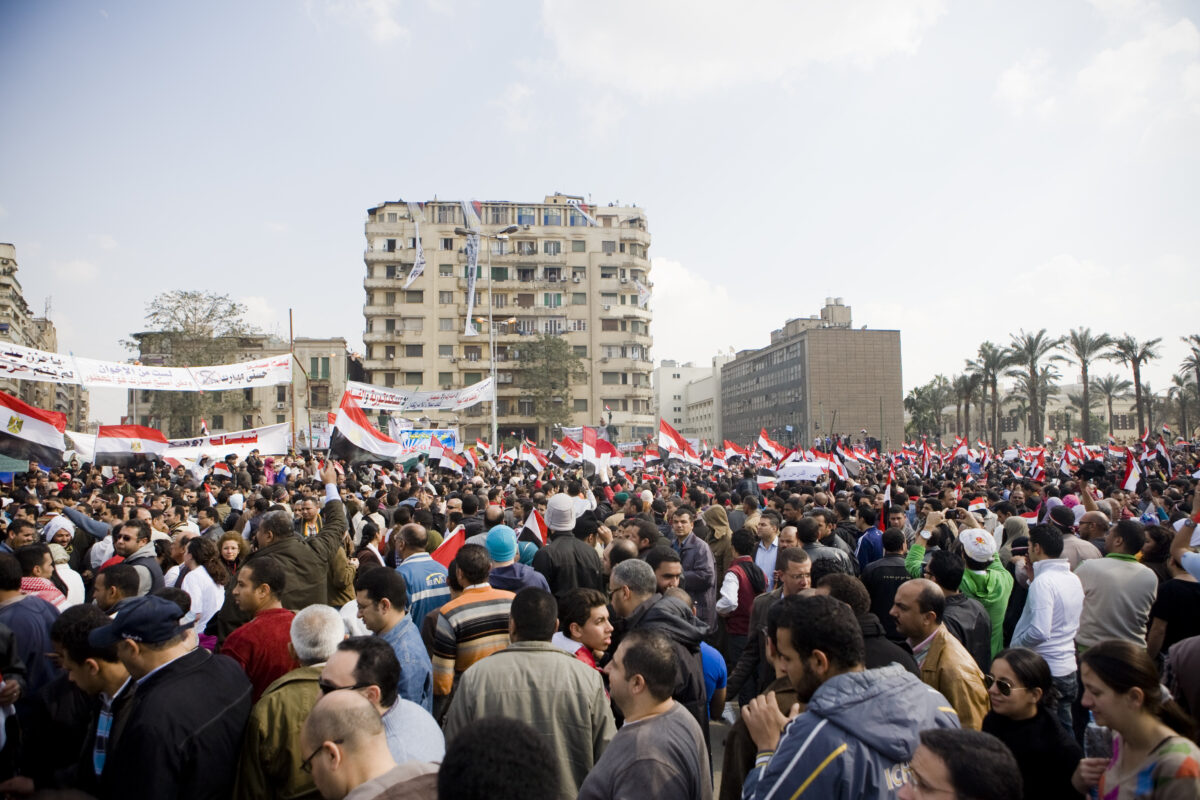The oligarch Yevgeny Prigozhin who founded the armed mercenary group called ‘Wagner”, is today’s Coriolanus. Similar to that Roman general in an arrogant hubris fueling a spectacular change of direction, he now only awaits his own murder. As Ukrainian Mykhailo Podolyak (adviser to President Zelensky) said, “you almost nullified Putin, took control of the central authorities, reached Moscow and suddenly… you retreat. Because one very specific intermediary with a dubious reputation (Lukashenko) promised security guarantees from the person (Putin) who ordered to destroy you in the morning“.
A recap of events
Although Prigozhin never directly called for the overthrow of Putin himself, just his Head of Defence Sergei Shoigu, the “Wagner” group’s actions were a missile aimed at Putin’s regime. Prigozhin seized military installations at Rostock-on-Don. Wagner armoured columns and troops then rolled down the M-4 motorway towards Moscow. In short – an attempted coup. Putin fled Moscow on his presidential jet. But within 200 km (125 miles) of Moscow, the armed threat was defused. What happened?
The Belarus Republic President Aleksandr G. Lukashenko, offered asylum of sorts to Prigozhin. Simultaneously Kremlin spokesman, Dmitri S. Peskov assured Prigozhin that:
“the criminal case against… Prigozhin, would be dropped. Prigozhin will go to Belarus, Peskov said, and the fighters who rebelled with him would not be prosecuted by law given their “service at the front.” Wagner fighters who did not participate in the mutiny can sign contracts with the Russian Ministry of Defense, he said.”
At last reporting the armoured column was turned back, and the Wagner occupation of Rostov-on-Don (the jump-off point for munitions and Russian troops) against Ukraine was ended:
“Wagner armored vehicles began leaving the military hub of Rostov-on-Don, in southwestern Russia, on Saturday night..The fighters’ departure from Rostov, whose occupation sent an image of strength, added credibility to the deal apparently reached in talks with the Belarusian leader.” NYT 24 June, 2023
Perhaps the last word of the news roundup goes to President Volodymyr Zelensky of Ukraine and his message on Twitter that “today, the world saw that the bosses of Russia do not control anything.”
How can Marxists understand these events?
Putin’s passage to power arose out of the slow destruction of the socialist USSR by the Soviet leaders Khruschev, Bulganin and then Brezhnev, and the turbulent and rapid changes of the post-collapse period. Through the 1950s to the 1980s, successive Soviet leaders created a state capitalist enterprise favouring domestic heavy industrialists. However, in the post-Gorbachev era when rapid privatisation was enacted on Russian industry, these same Russian state capitalists were enormously weakened. American capital was allowed entry and stripped previously state-owned resources to their delight. But this spurred national Russian capital to take back control and are the foundation of Putin’s political support.
In the 1990s into the 2000 and beyond, criminal gang activities took over vital parts of financial institutions, seizure of State assets and corrupt governing bodies – particularly from Leningrad (Saint Petersburg). This was Putin’s domain. From recently acquired political office he delegitimized Chechenya’s national aspirations as terrorism in the late-1990s. This justified his murderous rampages engineering false-flag explosions in Moscow, and the brutal war in Chechnya. This enabled his militarized hold that finally established the oligarchic regime in Russia.
Russia under Putin is characterized as “a hyper-nationalist neo-imperialist state… Putin himself is an oligarch and a ruthless imperialist.” If Putin was initially just one hyena amongst others feeding off the carcass of the former USSR – he rapidly extinguished most others. Including Mikhail Khodorovsky, and Alexei Navalny.
Who is Yevgeny V. Prigozhin?
Prigozhin is a Russian businessman who until recently was a close associate of Putin. Born in 1961 in then Leningrad, Mr. Prigozhin was imprisoned in 1981 for robbery amongst other crimes. After serving nine years, he “opened a hot-dog stand, eventually leading to an entrepreneurial career starting restaurants and convenience stores.” NYT June 23, 2023
Prigozhin was labelled:
“Putin’s chef” because of his catering business, which has staged elaborate state banquets for Mr. Putin” .
But he came more to prominence when he formed the mercenary group “Wagner”. This first saw prominence during the 2014 annexation of the Crimea by Russia:
“The entity first emerged in 2014, during Russia’s annexation of Crimea. The U.S. government has said that the organization is financed by Yevgeny V. Prigozhin, The group reportedly took its name from the nom de guerre of its leader, Dmitry Utkin, a retired Russian military officer. Mr. Utkin is said to have chosen Wagner to honor the composer, who was a favorite of Hitler’s. Despite the Kremlin’s denial of any ties to Wagner, Mr. Utkin has been photographed next to Mr. Putin.” NYT March 31, 2022
After that the Wagner mercenaries were used as an extension of the Russian state arm overseas. It enabled a plausible deniability of Russian imperialist brutality and extra-judicial murders in Syria and elsewhere, especially in Africa (NYT March 31, 2022):
“In addition to their involvement in Syria, Libya, Central African Republic and Ukraine, Wagner operatives have also fought in Sudan, Mali and Mozambique, exerting Russian influence by proxy, doing the bidding of authoritarian leaders and, at times, seizing oil and gas fields or securing other material interests. Increasingly, they’ve become more formalized and have started acting more like Western military contractors.”
He appeared to have a mandate from Putin for electronic disruption and media control. That led to his indictment in 2018 by a USA federal grand jury, and personal sanctions for:
“interfering in the American election through the Internet Research Agency, a troll factory that spread falsehoods and waged information warfare against the United States, in support of the presidential campaign of Trump”. NYT June 23, 2023
Wagner goes to the Ukraine
After the Putin Russian imperialists started their poorly led aggressive war of invasion in Ukraine, Wagner was sent to the Ukrainian Front. Prigozhin being familiar with Russian jails himself, recruited prisoners to fight in Wagner. Wagner’s moderate successes – achieved only at high death rates – there both swelled Prigozhin’s head, but infuriated him against the Russian army leadership. Especially after the recent, grinding senseless battle of Bakhmut – many Wagner troops died. Prigozhin accused Russian commanders of inadequate supply of munitions, and incompetence. This rapidly began a ‘tough talk’ set of diatribes:
“using social media to turn tough talk and brutality into his personal brand.. launching accusations at Russia’s military leadership, blaming it for failing to provide his forces with enough ammunition and ignoring soldiers’ struggles… Mr. Putin had not checked Mr. Prigozhin’s online accusations, despite jailing or fining many other critics of the war. Spewing vulgarities, disregarding the law and displaying loyalty to no one but Mr. Putin, Mr. Prigozhin.. became a symbol of wartime Russia.” NYT June 23, 2023
All this likely gave Prigozhin delusions of grandeur as a ‘saviour’ of Russia. It appears he even met with Ukraine’s military intelligence chief, Kyrylo Budanov. Prigozhin made extraordinary offers of treason to reveal Russia’s most vulnerable troop locations to Ukraine:
“In late January, with his mercenary forces dying by the thousands in a fight for the ruined city of Bakhmut, Wagner Group owner Yevgeniy Prigozhin made Ukraine an extraordinary offer. Prigozhin said that if Ukraine’s commanders withdrew their soldiers from the area around Bakhmut, he would give Kyiv information on Russian troop positions, which Ukraine could use to attack them. Prigozhin conveyed the proposal to his contacts in Ukraine’s military intelligence directorate, with whom he has maintained secret communications during the course of the war, according to previously unreported U.S. intelligence documents leaked on the group-chat platform Discord… Two Ukrainian officials confirmed that Prigozhin has spoken several times to the Ukrainian intelligence directorate, known as HUR. One official said that Prigozhin extended the offer regarding Bakhmut more than once, but that Kyiv rejected it…” Washington Post; May 15, 2023
Conclusions
Obviously Prigozhin finally realized he was unlikely to prevail. Putin for his part invoked the Civil War in 1917, facilely painting that as a time of “intrigues, quarrels, politicking behind the back of the army and the people turning at end into “the tragedy of the civil war” Putin’s Speech 24 June. In reality the Civil War was far more, it was an open fight between the Bolshevik new order fighting the ex-Tsarist, pro-Western imperialists, who were trying to dislodge the Lenin Government
While there are a number of pro-Marxist and Marxist-Leninist forces in Russia today, none have reached anywhere near the point of being able to intervene with mass credibility. Until such a party emerges, anti-Putin struggles are doomed to remain largely in the realm of inter-oligarch struggles.
In those the people have no voice. That is not to say that alliances at certain points might not be necessary. But only a principled working-class party leading the way forward can hope to dislodge the oligarchs and recreate conditions for a new socialist revolution in Russia. The same largely applies to the Ukraine. Although in Ukraine a pre-condition will be the removal and forcing back of Russian aggression. Only then can remaining reactionary forces – including their own oligarchy – can be dealt with.
First published June 25th at Red Phoenix APL
